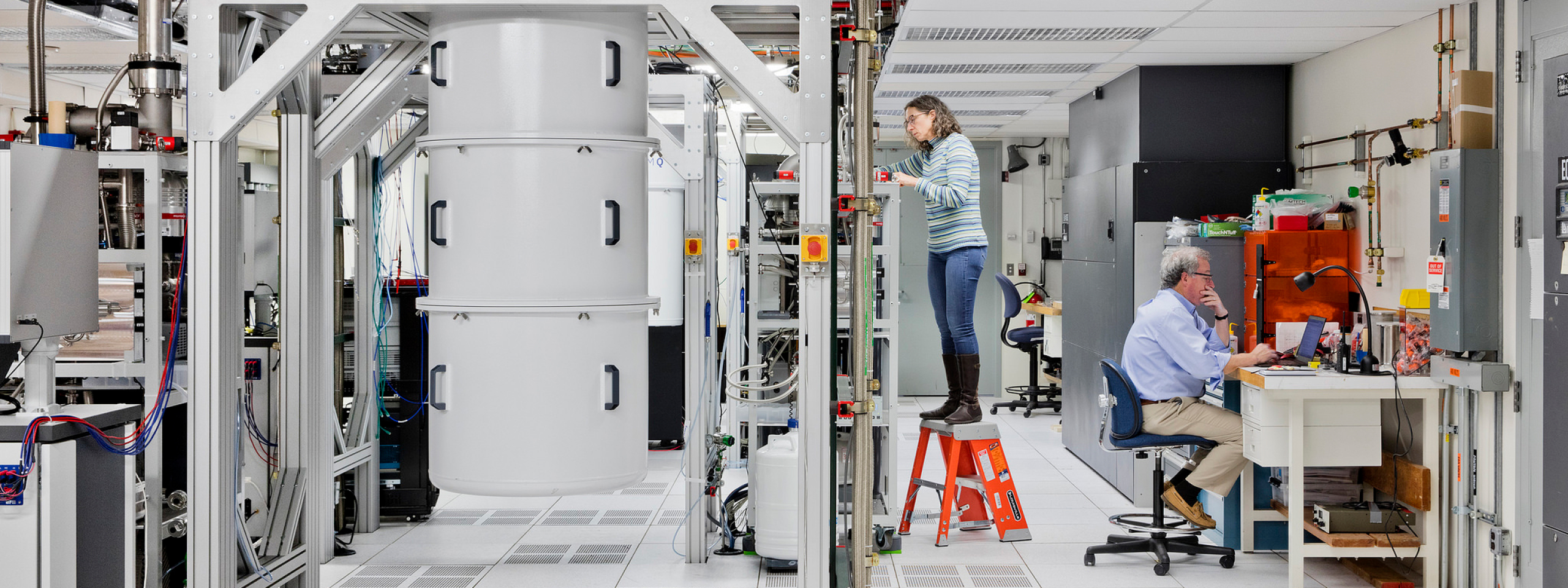IPCEI (Important Projects of Common European Interest)
Regeneration of used batteries from electric vehicles

The European Union has set an ambitious target to become carbon neutral by 2050. An integral part of this plan is an intensive use of renewable resources and a gradual move away from fossil fuels. In transport, this change is symbolized by the transition to electromobility, which brings the environmental challenge of batteries. What can we do to ensure that they have as little impact on the environment as possible?
The answer to this question is provided by our project “Production of second-life battery modules”, which has received approval from the European Union, meaning that it can make a significant contribution to the emergence of technological autonomy and independence of the bloc in the battery segment. It is one of the unique European projects that have the status of “Important projects of common European interest” (IPCEI) .
When the battery capacity of an electric vehicle drops below 80%, the comfort of use is reduced due to more frequent charging and shorter range. Most of the battery can, however, be reused after regeneration in less dynamic applications in the energy sector.
In terms of sustainability, the project prevents the accumulation of used batteries in landfills while also reducing the volume of raw materials needed to produce new batteries.
The project creates space for the emergence of a research infrastructure of which Slovak universities are an important part. The development team of ZTS Výskum a Vývoj has established close cooperation with the University of Žilina, University of J.P. Šafárik and University of Technology in Košice, University of Constantine the Philosopher in Nitra, and is open to cooperation with other academic partners, including international collaboration.
